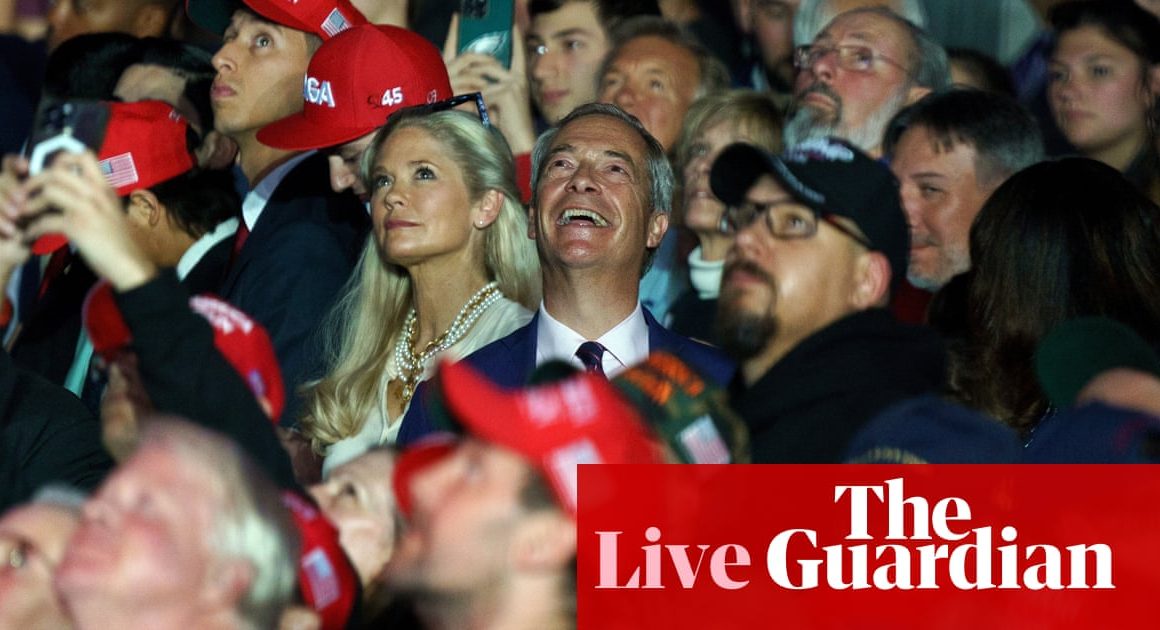Revelations about undercover runners being recruited to expose an athletics doping conspiracy took a fresh twist on Thursday, when the Reuters news agency withdrew its own articles on the issue after admitting that one of its journalists had arranged for a senior World Anti-Doping Agency (Wada) official to attend the Masters golf tournament at Augusta as an accredited journalist.
An investigation for the Observer in July revealed how the United States Anti-Doping Agency (Usada) recruited a Kenyan runner to work as an undercover agent for a number of years, informing on his training group and resulting in US federal agents seizing large quantities of performance-enhancing drugs. During the period in question scores of Kenyan athletes were sanctioned for doping offences.
A Reuters investigation in August appeared critical of the practice, with Wada quoted as saying: “This Usada scheme threatened the integrity of sporting competition … Usada was in clear breach of the rules. Contrary to the claims made by Usada, Wada did not sign off on this practice of permitting drug cheats to compete for years on the promise that they would try to obtain incriminating evidence against others.”
Usada has always said that Wada had signed off on the operation, for which there is provision in Wada rules, and that the athlete in question received a reduced sanction once the operation was completed.
The Times revealed on Thursday that a Reuters journalist who worked on the article had helped Wada’s head of media relations, James Fitzgerald, to secure official media accreditation to attend the prestigious Masters in April as a Reuters reporter. Media access means free entry to the tournament as well as the ability to attend press conferences and exclusive media events.
As a consequence Reuters has now withdrawn its own article into Usada’s practice, with a spokesperson saying: “A journalist who no longer works for Reuters has acknowledged that they helped a representative of Wada obtain a Reuters press credential for the 2024 Masters tournament, a violation of our journalistic standards.
“Consequently, we have withdrawn the stories ‘Athletes undercover? Global and US anti-doping agencies clash over tactics’ and ‘Wada renews call for Usada to get tougher on testing’. While we stand by the accuracy of the reporting, Reuters’ standards for newsgathering were not met, specifically as they pertain to avoiding the appearance of bias in our sourcing.”
Fitzgerald said: “My attendance at that event in April was unconnected to my role at Wada and was a personal matter. All related costs were paid for entirely by me and I was there on my own time. Wada responded to questions posed to it by Reuters, as is normal practice.”
after newsletter promotion
The stories came at a time when Usada and Wada were trading insults in a war of words, with Usada criticising Wada over its failure to challenge Chinese authorities over 23 positive tests for trimetazidine (TMZ) and two positive tests for metandienone among its swimming team.
The Usada chief executive, Travis Tygart, said: “It is high time for all those who value clean sport to join the International Olympic Committee and public authorities to get Wada right and restore credibility to the movement.”










